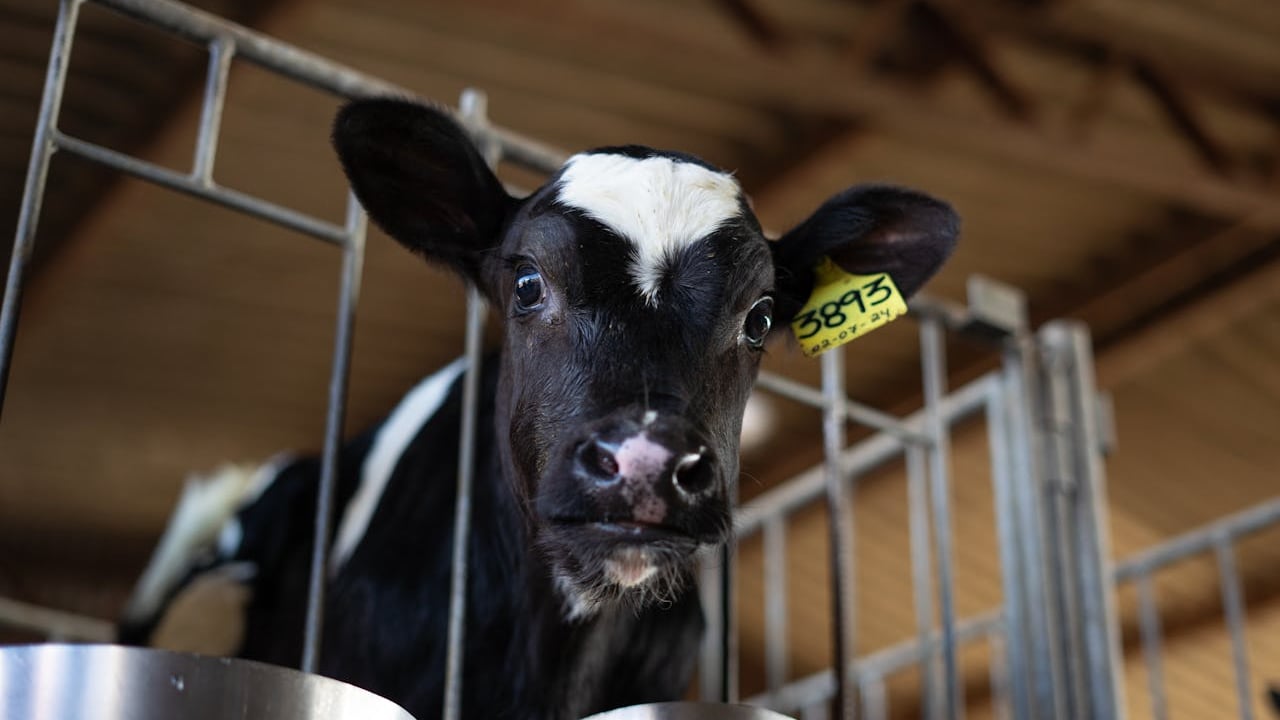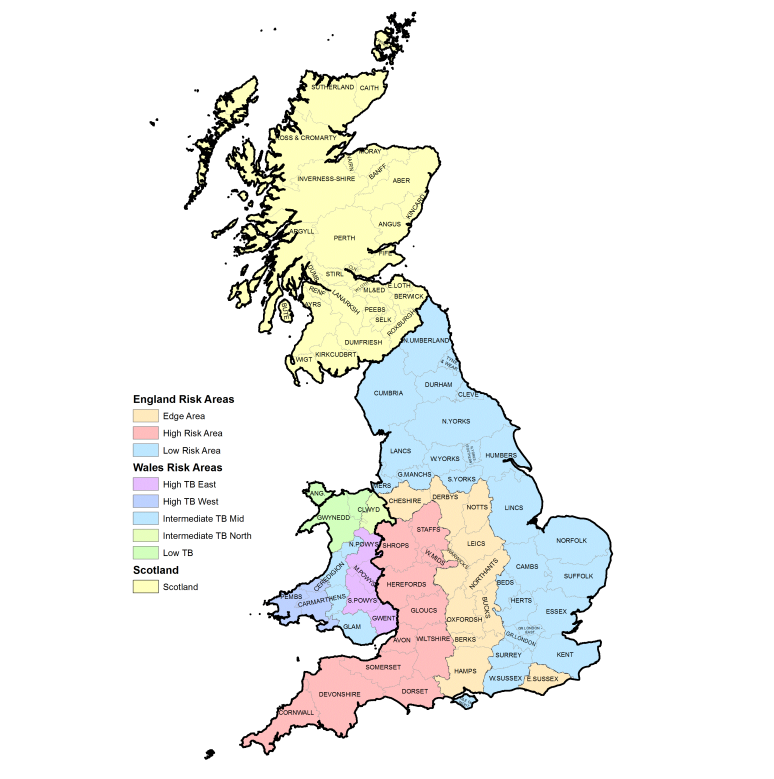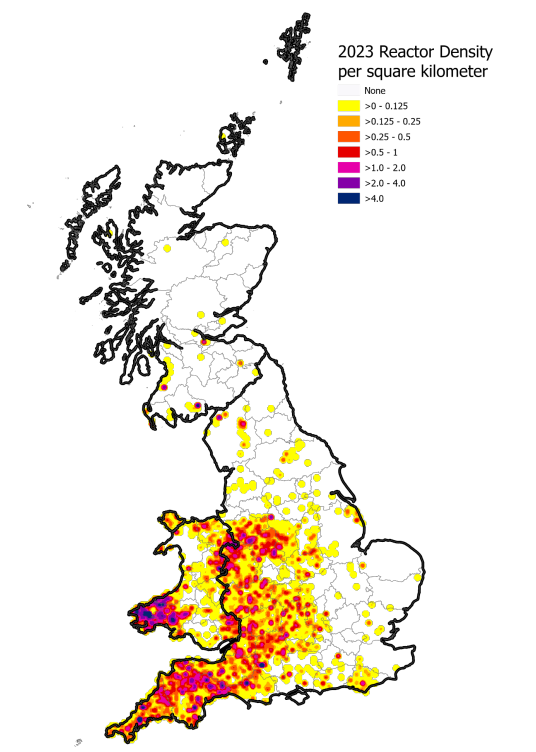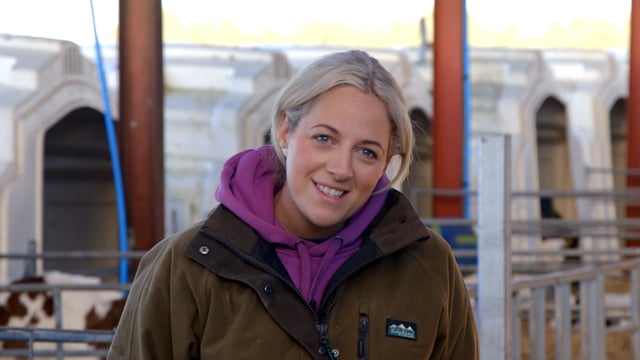UK edges ahead of Ireland as updated TB strategy review published
The UK has edged ahead of Ireland by publishing its bovine tuberculosis (TB) strategy review today (September 4).
The review published by the Department for Environment, Food and Rural Affairs (Defra) was submitted to Daniel Zeichner MP, Minister of State for Defra on August 1, 2025.
It comes as Minister for Agriculture, Food and the Marine, Martin Heydon prepares to publish a new review for the Irish sector.
TB review
As part of a 25-year plan launched in 2014, Defra aims to achieve an officially bovine TB-free status in England by 2038.
To facilitate this, an independent bovine TB strategy review was commissioned in 2018, which has been led by Prof. Sir Charles Godfray since.
The new Defra review has highlighted how next year will see the mid-way point of the plan, with the document noting that there has been significant progress since 2014.
However, in the document, the review board stated: "There is only a small chance of meeting the target without a step change in the urgency."
"There needs to be a mindset of defeating rather than managing the disease"
The review found that TB control is suffering from lack of investment in Defra / the Animal and Plant Health Association, as well as in the local authorities that play a critical role in compliance.
It suggested that investing in the eradication of TB now will save money in the long-run when compared to disease control.
TB testing
The report detailed how England is divided into three areas in relation to TB risk: high risk area; edge area; and low risk area.
The edge area is divided into zones, each which have either 6 or 12-monthly testing routines.
However, with disease prevalence decreasing in 6-monthly testing areas, the review board is suggesting introducing 6-month testing to the whole edge area.
The document also highlighted that, since the 2018 review, the interferon gamma test (blood test) was used much more widely after herd breakdowns, detecting many infections missed by the standard skin test (SICCT).
However, the use of interferon gamma tests has fallen markedly in the last three years. The review board is now recommending its mandatory use in official TB-free herds that experience breakdowns.
The document also noted that the detection of infection at slaughter remains a critical part of disease control, particularly in low risk areas, where cattle are tested every four years.
Slaughterhouse detections have dropped recently, which may reflect lower disease levels but possibly poorer rates of detection, according to the report.
Vaccine
The review stated: "The lessons of the Covid-19 pandemic are that regulatory approval for vaccines can be safely accelerated if all concerned act with urgency."
It strongly stated that a similar approach is needed with TB. highlighting how considerable progress on the BCG vaccine and DIVA test has been made since the 2018 report.
The review stated: "We are optimistic about vaccine deployment and fully support the current research programme but caution that the development of a successful BCG/DIVA product, is not yet guaranteed."
It noted that the roll-out of a full vaccination programme across the high-risk and edge areas in England would be one of the largest livestock disease control measure attempted in the UK.
Badgers
While the review board has always stated that culling of badgers to reduce infection in cattle is seen as unreasonable, the updated document said that the current administration has pledged to end culling by 2029.
The review board stated that it is therefore of great importance to develop effective non-lethal interventions to enable eradication, such as vaccination of badgers or reducing contact between badgers and cattle.







